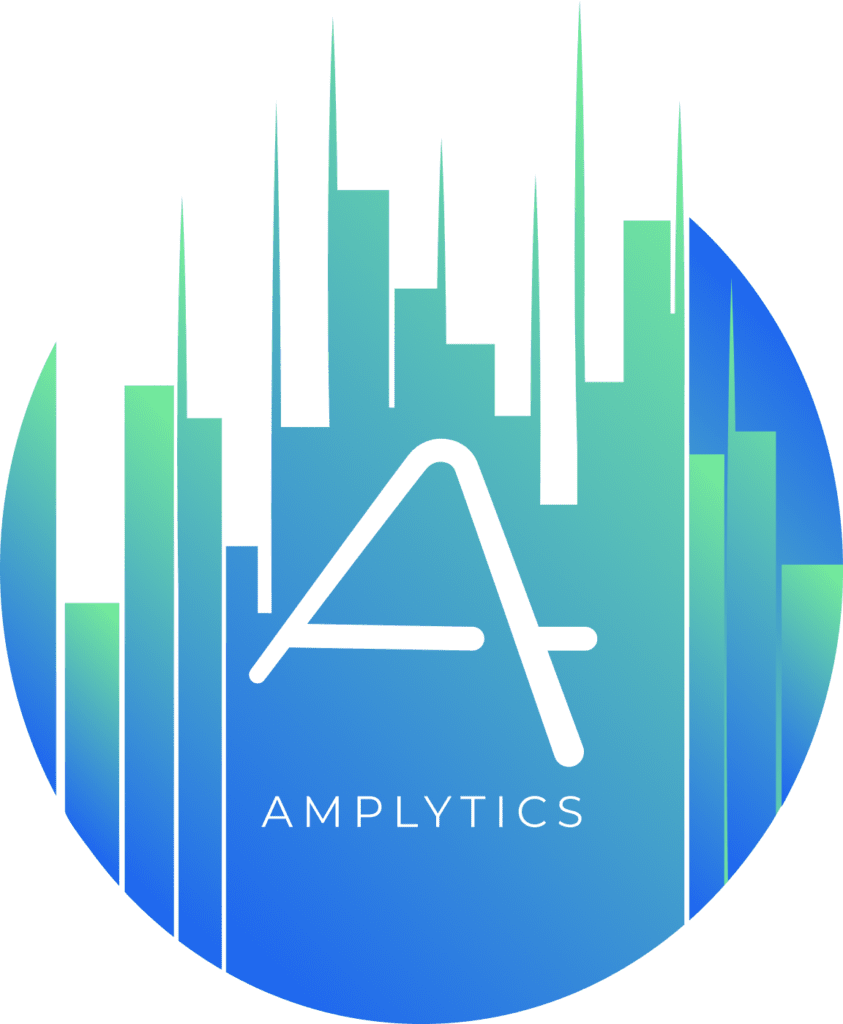Limited Use Disclosure
Amplytics uses Google’s Application Programming Interface (API) Services to enable the user authorization feature for accessing the Amplytics platform (i.e. use of your gmail account to login to the Amplytics platform), and Google email management integration feature within the Amplytics platform (i.e. email feeds into your Amplytics Triage Portal).
Amplytics’s use of information received from Google APIs will adhere to the Google API Services User Data Policy, including the Limited Use requirements.
In connection with the Google API services that we use for our platform, we integrate Google user authentication credentials into our platform to enable Google-based login to the platform. The information collected and used with these API services may include confidential data (e.g. login credentials or sensitive information included within your emails) and personal data (e.g. personal information included within your emails).
Your Google information is used by our system developers to provide or improve user-facing features that are prominent to your user experience. Amplytics policies and procedures define requirements that prohibit the unauthorized use of data within the platform.
Developers are only allowed to use restricted scope data to provide or improve user-facing features that are prominent from the requesting app’s user interface. It should be clear to your users why and how you use the restricted scope data they’ve chosen to share with you.
Developers are only allowed to transfer restricted scope data to others if that transfer is (a) necessary to provide or improve user-facing features that are prominent from the requesting app’s user interface, (b) to comply with applicable laws, or (c) a part of a merger, acquisition or sale of assets of the developer. All other transfers or sales of user data are completely prohibited.
Developers are never allowed to use or transfer restricted scope data to serve users advertisements. This includes personalized, re-targeted and interest-based advertising.
Developers cannot allow humans to read restricted scope user data. For example, a developer with access to a user’s data is not allowed to have one of its employees read through a user’s emails. There are four limited exceptions to this rule: (a) the developer obtains a user’s consent to read specific messages (for example, for tech support), (b) it’s necessary for security purposes (for example, investigating abuse), (c) to comply with applicable laws, and (d) the developer aggregates and anonymizes the data and only uses it for internal operations (for example, reporting aggregate statistics in an internal dashboard).
Google API Services Disclosure
Amplytics uses Google’s Application Programming Interface (API) Services to enable the user authorization feature for accessing the Amplytics platform (i.e. use of your gmail account to login to the Amplytics platform), and Google email management integration feature within the Amplytics platform (i.e. email feeds into your Amplytics Triage Portal).
Amplytics’ use of information received from Google APIs will adhere to the Google API Services User Data Policy, including the Limited Use requirements.
Types of Data Collected with Google API Services
In connection with the Google API services that we use for our platform, we integrate Google user authentication credentials into our platform to enable Google-based login to the platform. The information collected and used with these API services may include confidential data (e.g. login credentials or sensitive information included within your emails) and personal data (e.g. personal information included within your emails).
Use of Google API Services Data
Your Google information is used by our system developers to provide or improve user-facing features that are prominent to your user experience. Amplytics policies and procedures define requirements that prohibit the unauthorized use of data within the platform.
Developers are only allowed to use restricted scope data to provide or improve user-facing features that are prominent from the requesting app’s user interface. It should be clear to your users why and how you use the restricted scope data they’ve chosen to share with you.
Developers are only allowed to transfer restricted scope data to others if that transfer is (a) necessary to provide or improve user-facing features that are prominent from the requesting app’s user interface, (b) to comply with applicable laws, or (c) a part of a merger, acquisition or sale of assets of the developer. All other transfers or sales of user data are completely prohibited.
Developers are never allowed to use or transfer restricted scope data to serve users advertisements. This includes personalized, re-targeted and interest-based advertising.
Developers cannot allow humans to read restricted scope user data. For example, a developer with access to a user’s data is not allowed to have one of its employees read through a user’s emails. There are four limited exceptions to this rule: (a) the developer obtains a user’s consent to read specific messages (for example, for tech support), (b) it’s necessary for security purposes (for example, investigating abuse), (c) to comply with applicable laws, and (d) the developer aggregates and anonymizes the data and only uses it for internal operations (for example, reporting aggregate statistics in an internal dashboard).

